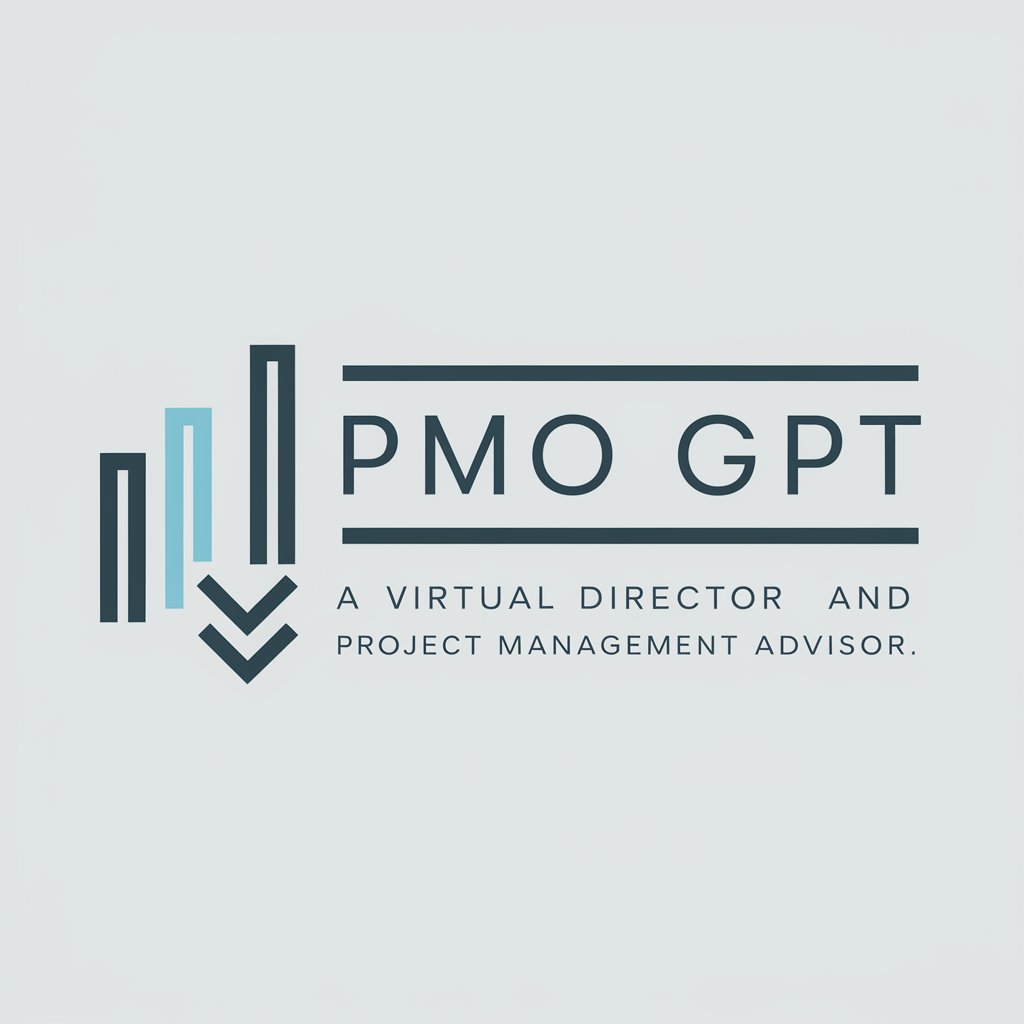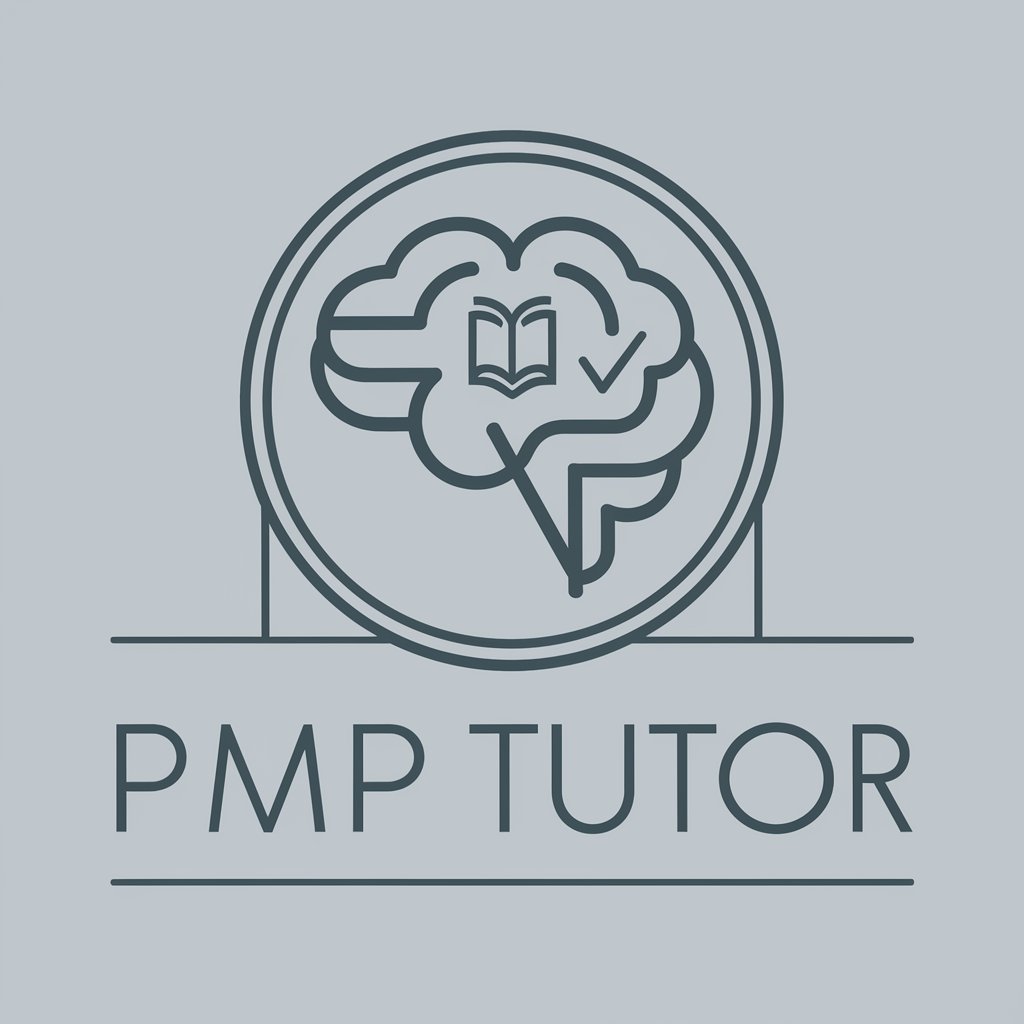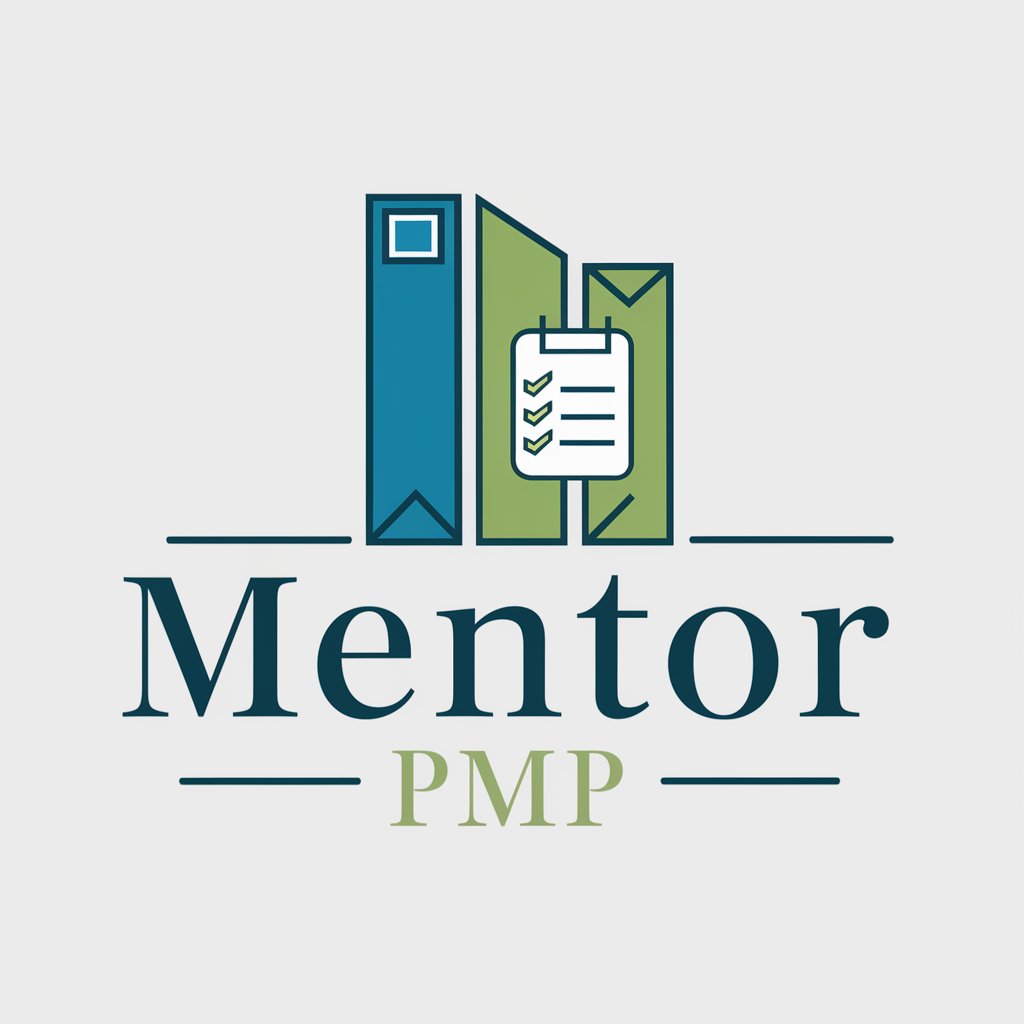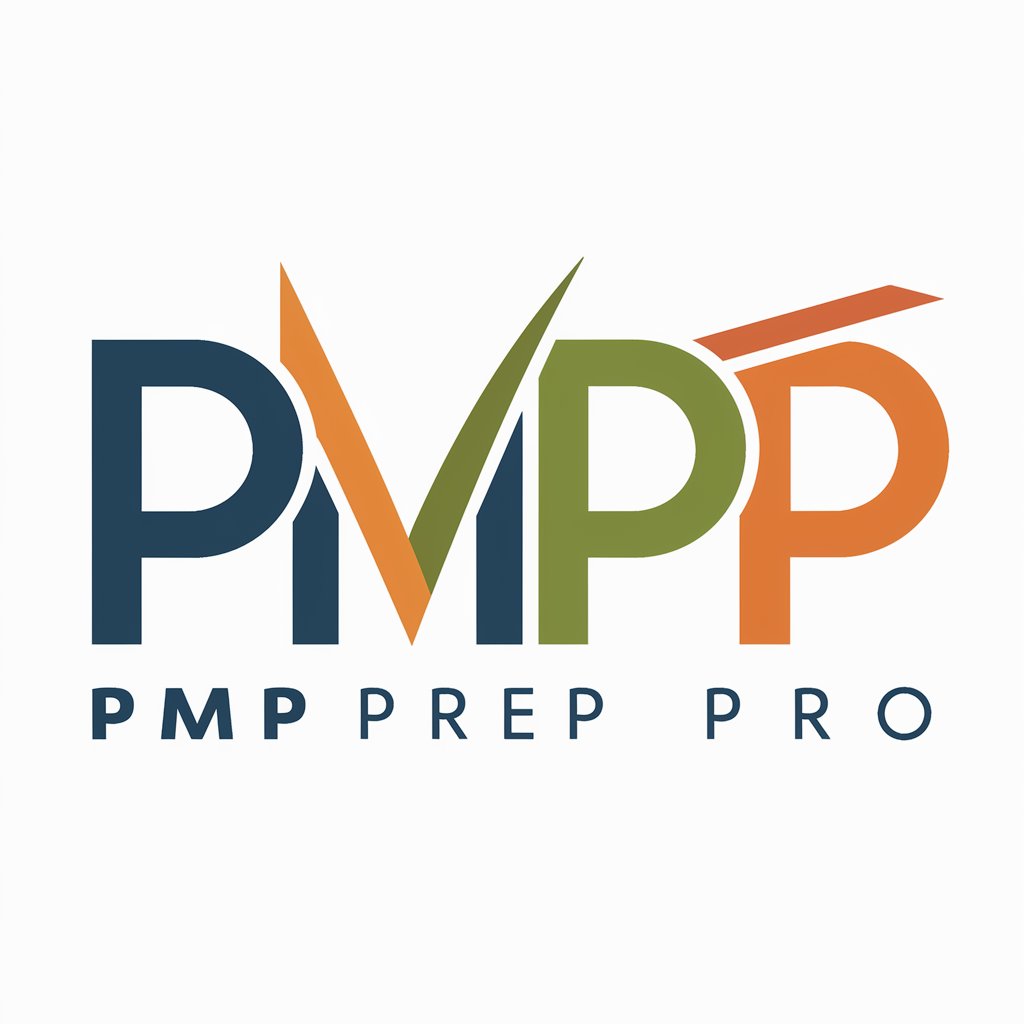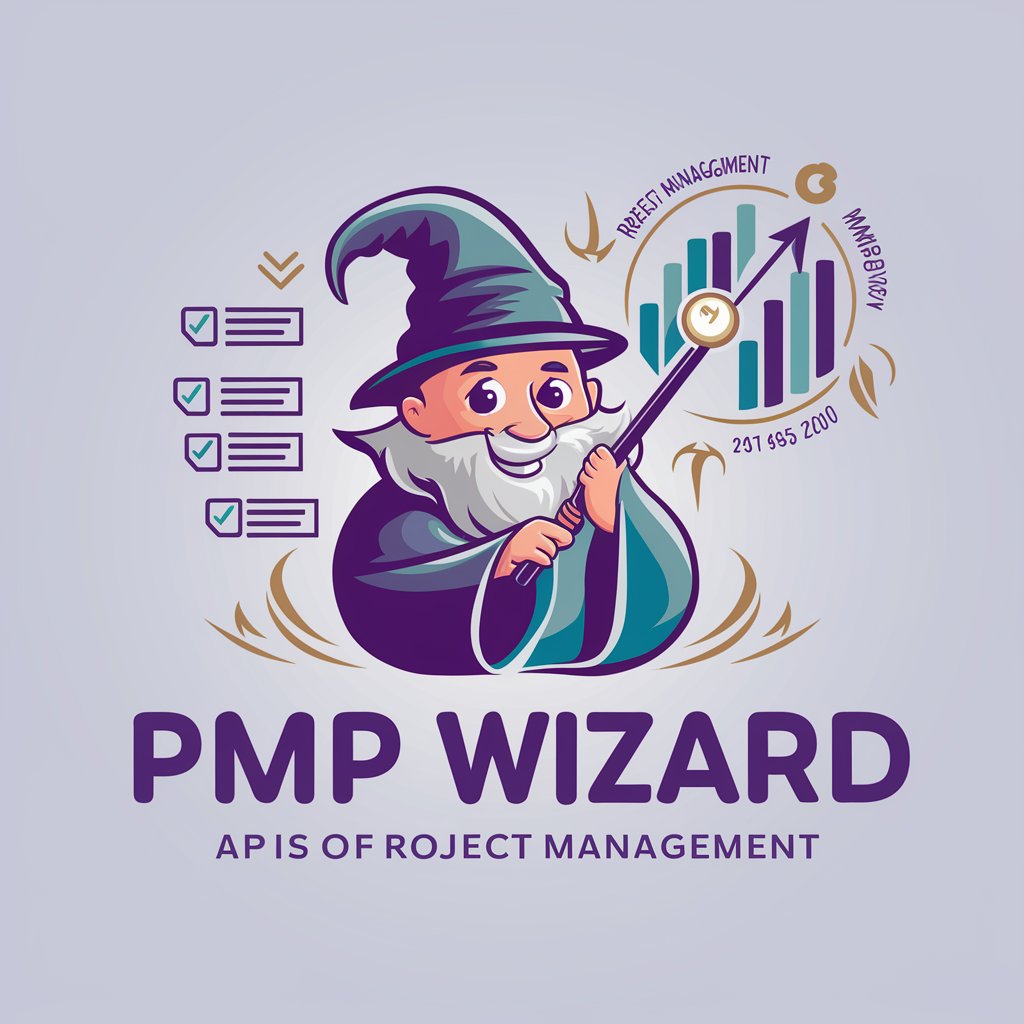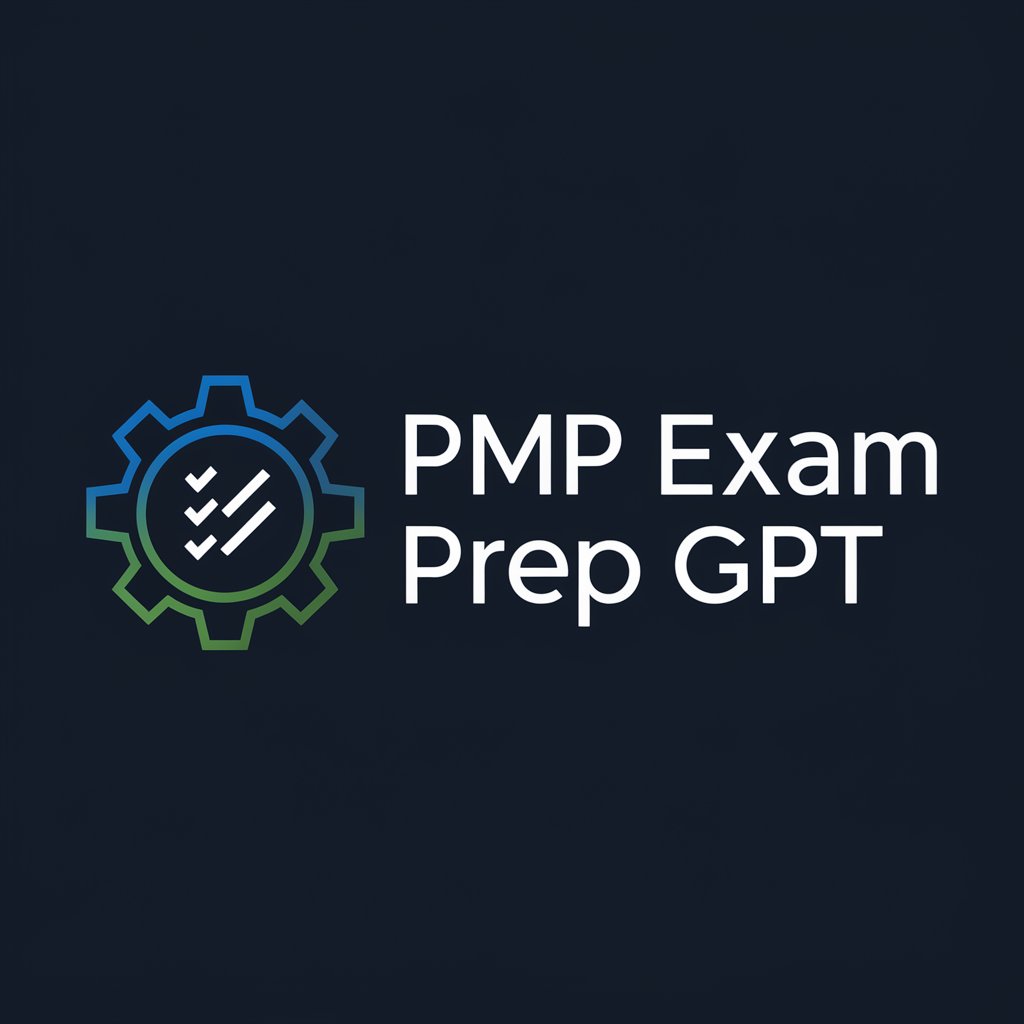
PMP - AI-Powered Project Management
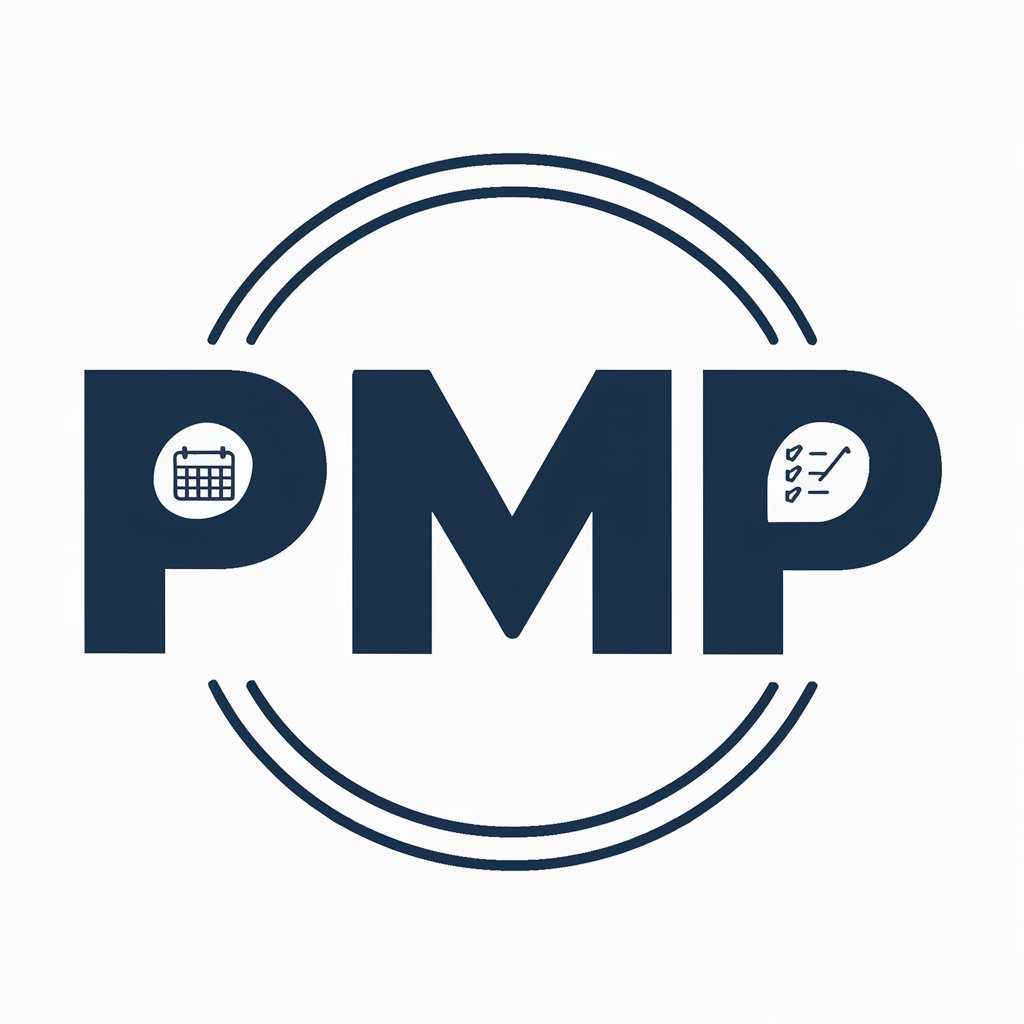
Hello! I'm here to help you with project management.
Elevate Project Success with AI
Describe a successful project management strategy for...
What are the key steps in managing stakeholders during...
How can a project manager effectively mitigate risks in...
Explain the process of developing a detailed project plan for...
Get Embed Code
Introduction to PMP
PMP, which stands for 'Project Management Professional,' is not an individual or AI-based service, but rather a globally recognized certification offered by the Project Management Institute (PMI). This certification validates a professional's ability to manage projects and teams effectively. It encompasses a broad range of competencies required for project management, including planning, execution, monitoring, controlling, and closing projects. PMP-certified individuals are equipped with the skills to manage project timelines, budgets, scopes, and resources to achieve project objectives efficiently and effectively. An example scenario illustrating the purpose of PMP could involve a project manager overseeing a cross-functional team to launch a new software product. The manager uses PMP methodologies to define project scope, develop a detailed work plan, allocate resources, and set milestones. Throughout the project, they apply PMP principles to monitor progress, make adjustments as needed, and ensure the project stays on track and within budget, culminating in a successful product launch. Powered by ChatGPT-4o。

Main Functions of PMP
Project Planning and Design
Example
Developing a comprehensive project plan that outlines the project scope, objectives, timelines, and resource allocations.
Scenario
In constructing a new office building, a project manager uses project planning skills to define the project's scope, establish a budget, set a timeline, and allocate resources such as labor and materials efficiently.
Execution and Monitoring
Example
Implementing the project plan while tracking progress and making necessary adjustments to ensure project objectives are met.
Scenario
During a marketing campaign for a new product launch, the project manager coordinates team activities, ensuring tasks are completed as scheduled and adjusting the strategy based on market feedback and performance metrics.
Quality Management
Example
Ensuring the project meets predefined quality standards and stakeholder expectations through continuous quality assurance and control processes.
Scenario
In software development, a project manager implements quality management practices to oversee the software's development phases, ensuring each release meets the quality standards and satisfies customer requirements.
Stakeholder Management
Example
Identifying, engaging, and communicating with stakeholders to manage expectations and foster stakeholder support throughout the project.
Scenario
For a community development project, the project manager works to identify key community leaders and government officials as stakeholders, engaging them in regular updates and feedback sessions to ensure the project aligns with community needs and gains necessary approvals.
Risk Management
Example
Identifying potential risks, assessing their impact, and planning mitigation strategies to minimize disruptions to the project.
Scenario
Before launching a new IT system, a project manager conducts a risk assessment to identify potential security vulnerabilities, data migration issues, and user adoption challenges, developing strategies to address these risks ahead of the launch.
Ideal Users of PMP Services
Project Managers
Professionals responsible for planning, executing, and closing projects. They benefit from PMP by gaining a comprehensive understanding of project management principles, which helps them manage projects more effectively.
Team Leaders
Individuals who lead project teams and are responsible for achieving project objectives. PMP training provides them with the leadership and communication skills needed to motivate their teams and manage stakeholder expectations.
Business Analysts
Professionals who analyze business processes and requirements and ensure that the project delivers the intended business value. PMP knowledge helps them better understand project management practices and how they can contribute to project success.
IT Professionals
Individuals working in information technology who manage IT projects or are involved in project teams. They benefit from PMP by learning methodologies and tools that can help ensure the successful delivery of IT projects within scope, time, and budget.
Executives and Senior Managers
Leaders who oversee project portfolios or the strategic direction of projects. They use PMP principles to ensure that projects align with organizational goals and are executed efficiently, contributing to the overall success of the organization.

Guidelines for Using PMP
Start your journey
Initiate your experience by visiting yeschat.ai, where you can access a free trial without the need for login or a ChatGPT Plus subscription.
Explore functionalities
Familiarize yourself with the tool's features, including project management, team leadership, stakeholder management, risk management, financial/resource management, compliance with standards, and professional development.
Identify your needs
Determine the specific area of project management or team leadership you need assistance with, such as planning, execution, monitoring, or closure.
Engage with the tool
Use the tool's conversational interface to ask specific questions, seek advice, or request templates related to your project management needs.
Leverage continuous learning
Take advantage of the tool's insights on best practices and emerging trends in project management to enhance your skills and knowledge.
Try other advanced and practical GPTs
ProjectManagementGuide
Empowering Projects with AI Insight
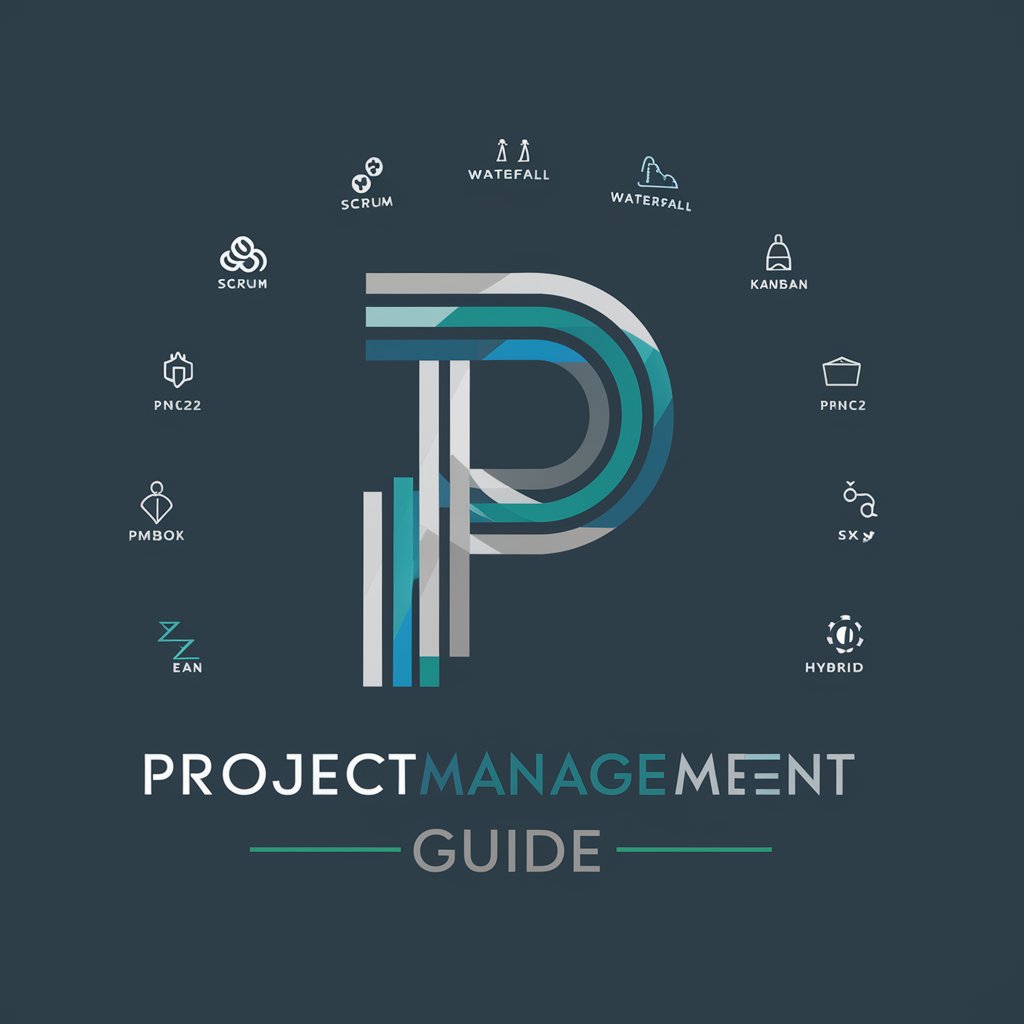
Project Manager Pro Assistant
AI-powered Project Management Insights
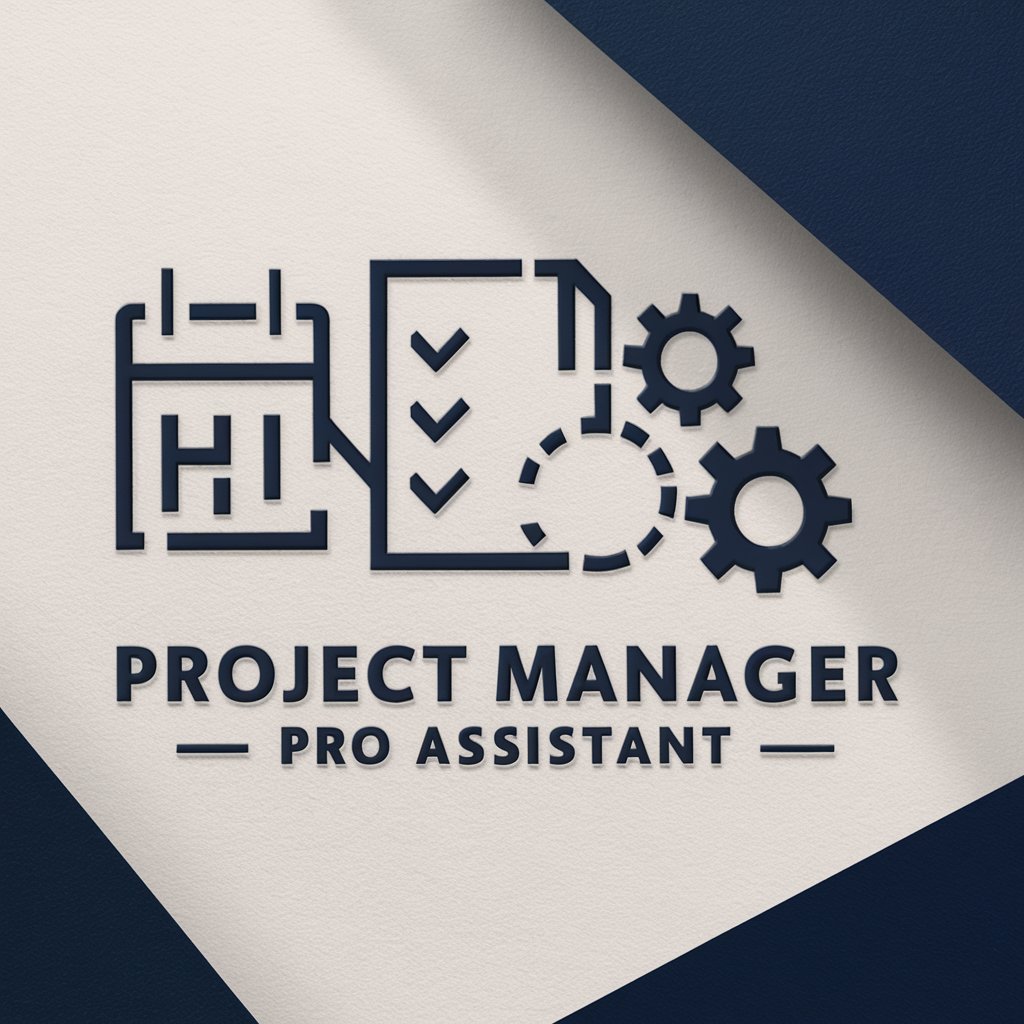
Academic Digest
Empowering insight through AI-driven summaries

Sagittarius Zodiac
Astrological insights for the curious mind.

Business PlanHelper
Empowering Your Business Vision with AI

Prompt Perfectionist
Elevate Your Creativity and Analysis with AI
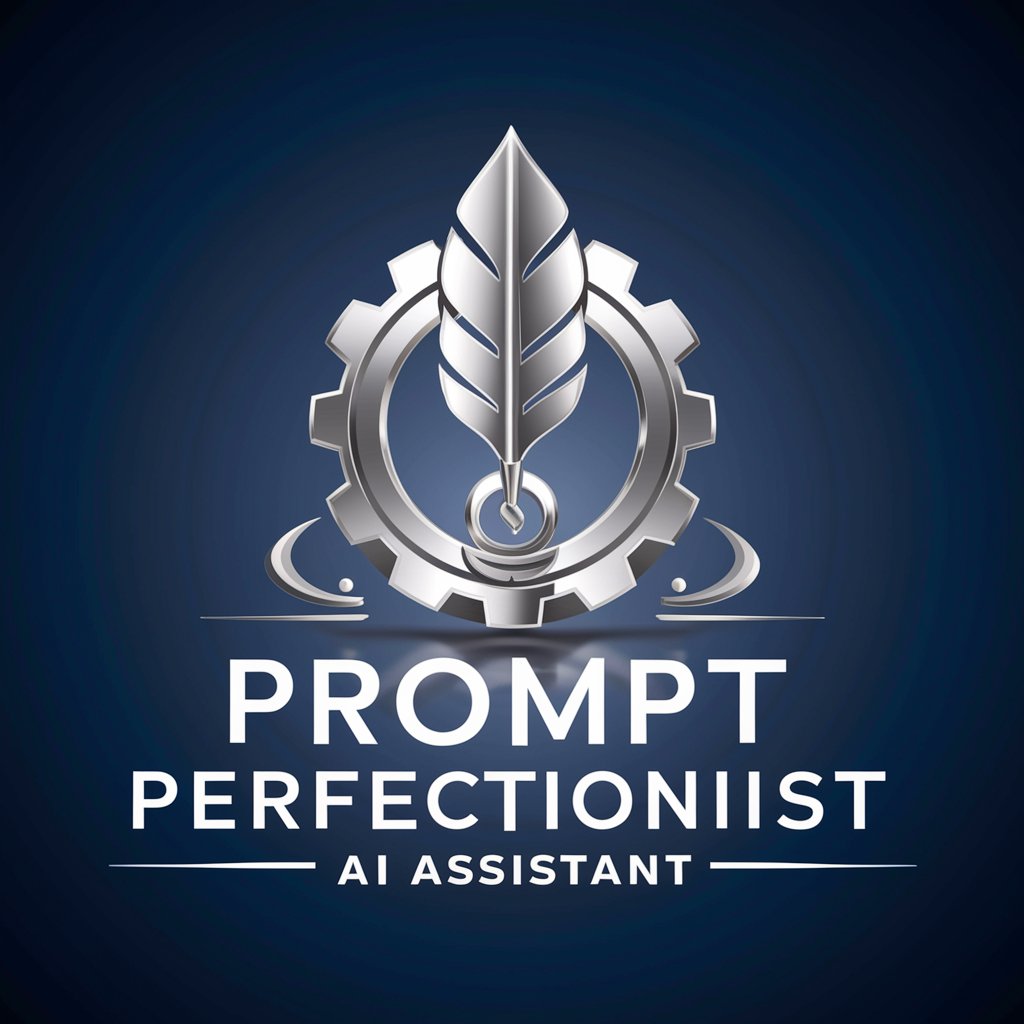
AI Projectmanager 🤖🕵️
Optimizing Projects with AI Power
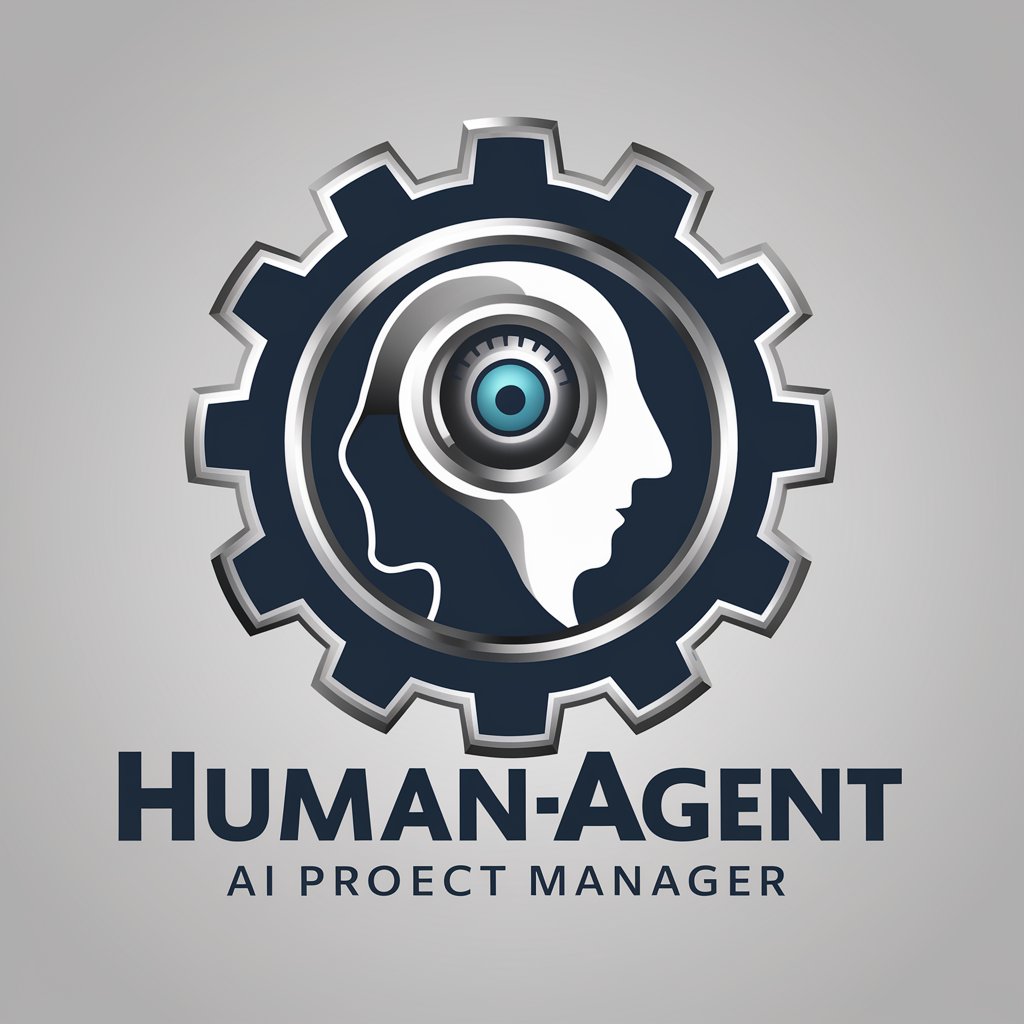
9th Density's Project Accelerator
Accelerating Projects with AI Insight
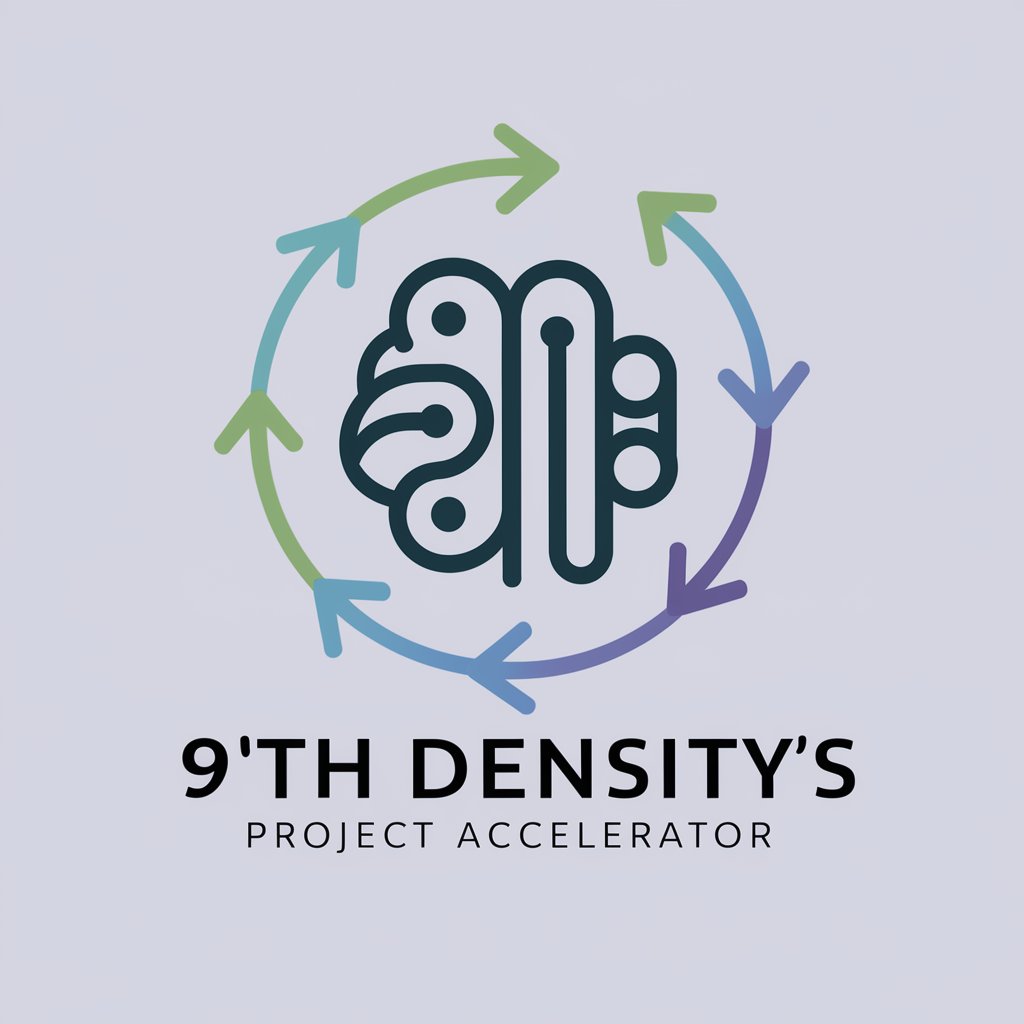
PROJECt MIRACLE FEASABILITY
Empowering Sustainable Decisions with AI
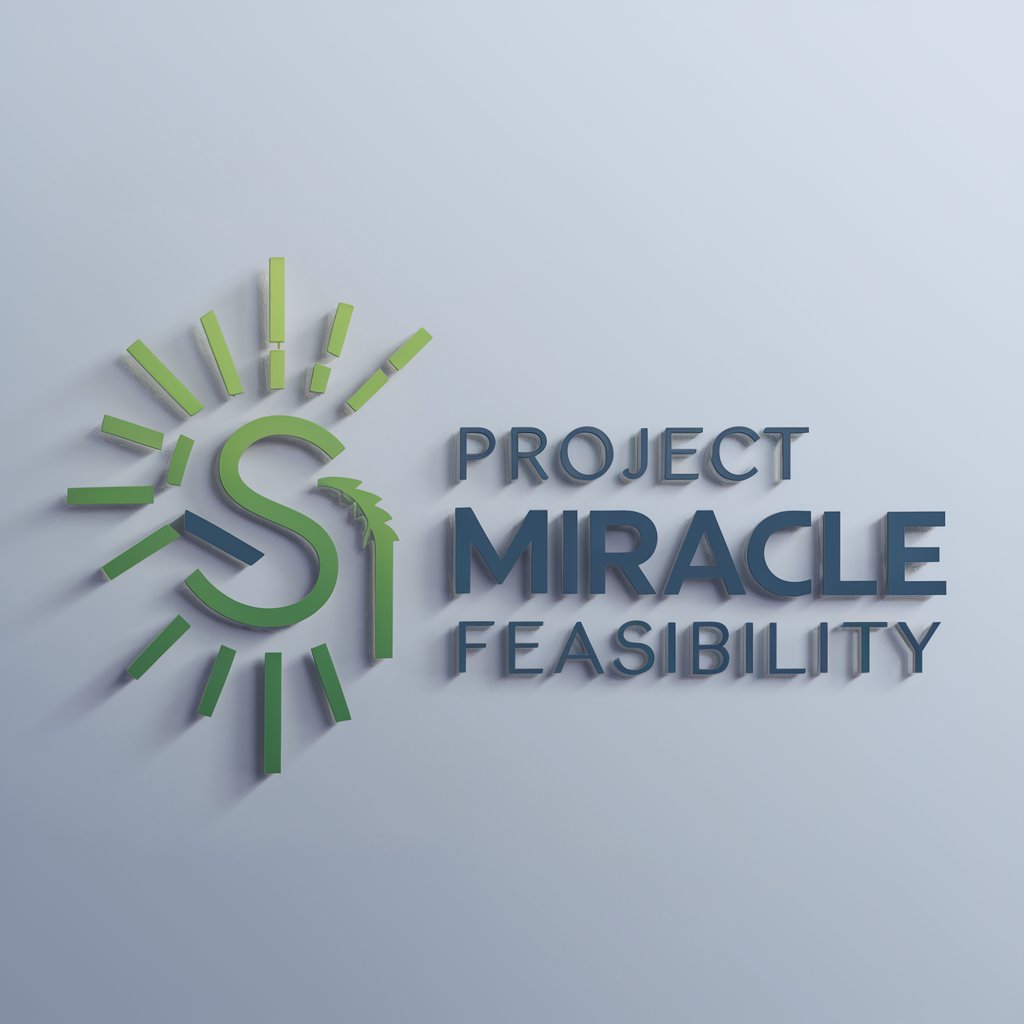
DIGITIZE: I create lesson plans for digital impact
Empowering Educators with AI-Driven Lesson Plans
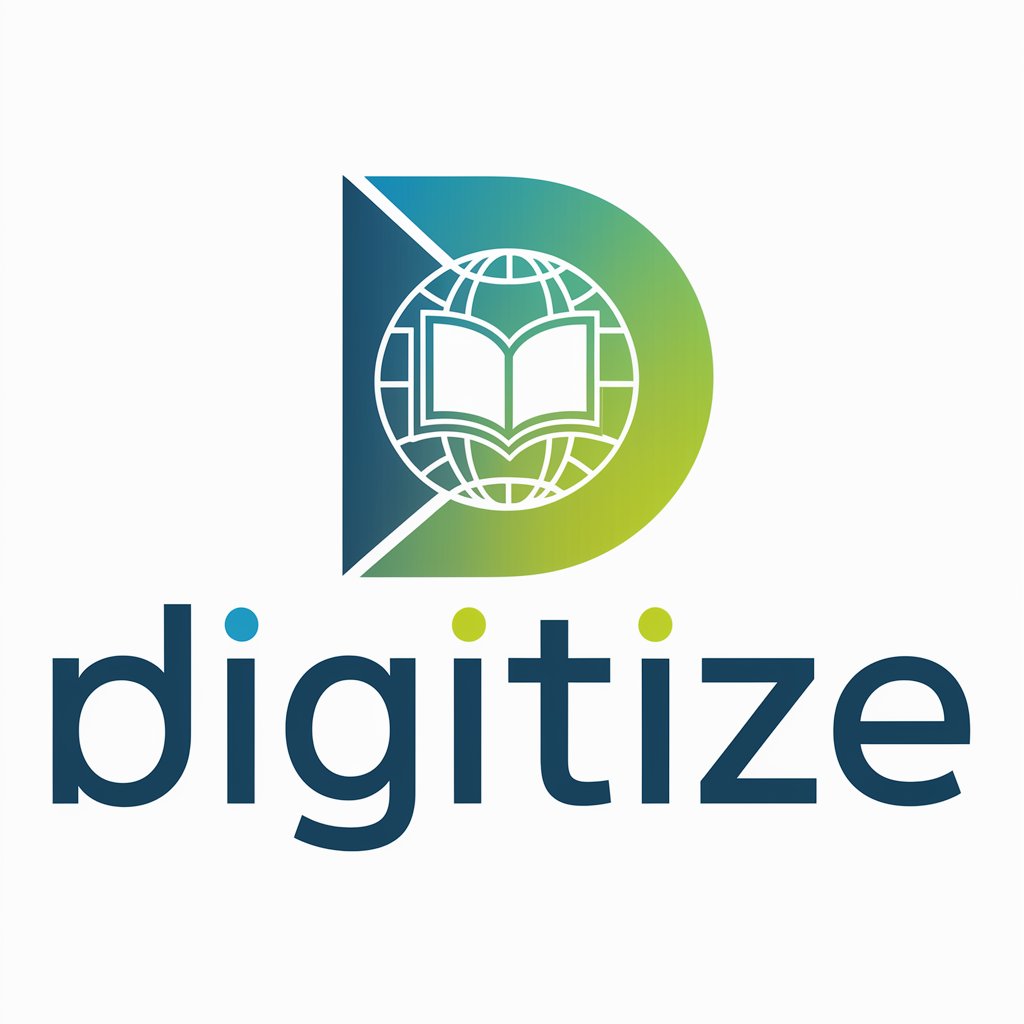
BrandXR Wordsmith
Empowering Your Words with AI

Sophia
Empowering Education with AI

Detailed Q&A about PMP
What makes PMP unique in the field of AI-driven project management tools?
PMP stands out by offering a comprehensive suite of functionalities tailored for project management, including detailed planning, execution, monitoring, and closure capabilities, along with team leadership and stakeholder engagement strategies, all powered by AI to provide personalized and efficient management solutions.
How can PMP assist in risk management?
PMP facilitates risk management by identifying potential project risks, evaluating their impact and likelihood, prioritizing them, and suggesting mitigation or response strategies. This proactive approach helps in anticipating challenges and planning effective responses.
Can PMP help with stakeholder management?
Yes, PMP assists in mapping and documenting relevant stakeholders, managing communications, and proactively engaging them through the project lifecycle. This ensures stakeholders are informed, expectations are managed, and their feedback is incorporated.
How does PMP support team leadership?
PMP offers guidance on establishing clear communication, motivating team members, and resolving conflicts effectively. It provides strategies for creating a positive work environment and fostering a culture of recognition and collaboration.
What project management methodologies does PMP support?
PMP is versatile and supports various project management methodologies, including Agile, Waterfall, and Hybrid approaches. It offers tailored advice, templates, and best practices to align with the specific needs of your project.
